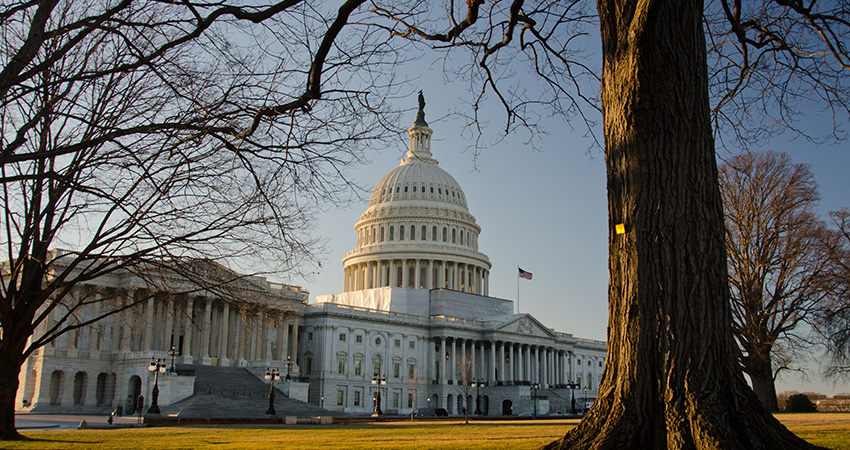
Orhan Cam

By Paula Cino, VP for Construction, Development, Land Use and Counsel, NMHC
Paula Cino is Vice President for Construction, Development, Land Use and Counsel, with primary responsibility for federal policy issues related to building design and construction including building codes, fair housing, sustainability, infrastructure and regulatory compliance.
While many housing issues are being debated legislatively and regulatorily, judicial focus on key issues has also ramped up in recent months. For example, the Court declined to hear one rent control case last year and is still determining whether it will hear two similar tandem cases on the subject. Further, the Supreme Court decided to hear cases on takings—the government’s seizure of private property for a public use—and on agency deference, the former having been set for January 16 and the latter for January 17 of this year.
Though at first glance these cases do not seem to have any import for the housing industry, their sweeping implications and the precedents they set will greatly affect the multifamily sector.
How Could the Cases Impact the Housing Sector?
These cases are impactful for the multifamily industry as they will lay the groundwork for rent control law disputes, what is and is not permissible by the government, and how much the courts will rely on agencies’ own determinations when making decisions on disputes. Here’s a breakdown of each case:
- The rent control cases centering around rent control laws in New York State and New York City and awaiting the Court’s decision on their petition to be heard, 74 Pinehurst LLC v. New York and 335-7 LLC v. City of New York, would greatly affect the housing sector as it will set a precedent for the challenging of rent control laws nationwide.
- The takings cases, DeVillier v. Texas and Sheetz v. County of El Dorado, will determine whether a person whose property was taken without payment may seek redress even if there was no legislative case of action. DeVillier was brought by plaintiffs who were affected by the state’s widening of a highway which led to flooding and destruction of their land and Sheetz involves a man who was made to pay more than $23,000 in fees before constructing his home on his land. This is important for the apartment industry as it involves a level of protection for builders and property owners who may be at risk of having their properties taken or made unusable without being fairly compensated.
- Loper Bright Enterprises v. Raimondo and Relentless Inc v. Department of Commerce are cases brought by commercial fishermen who were forced to host monitors on their boats and pay the monitor’s salary under a regulation from the National Marine Fisheries Services. Though one may not think a case regarding fish would implicate housing, these cases on agency deference are extremely impactful, not only to the multifamily industry, but all those who are beholden to rules promulgated by agencies. The Court will decide whether to change its longstanding Chevron standard—which has been in place for almost four decades—from giving great deference to an agency’s interpretations of ambiguous statutes as long as they are found to simply be reasonable. Repudiating such a landmark precedent would encourage more challenges to agency interpretations of statutes, even in situations where courts have previously upheld agency positions, and agencies will have to defend interpretations as a persuasive interpretation of a statute.
Where Does NMHC Stand on these Issues?
NMHC has long focused on the issue of rent control, a solution which would exacerbate almost all issues affecting the multifamily industry, worsening the nation’s lack of housing supply even further. If the Supreme Court decides to take on the rent control cases, it will set the stage for what future litigation may come against rent control laws, whether they will likely be struck down or upheld. The cases on takings and deference could create great flux in both administrative and property law, potentially causing great change to the legal landscape and providing avenues for those whose properties were taken or made valueless.
NMHC will continue to monitor movement on the cases in front of the Supreme Court and those whose petitions are waiting to be decided on. The Supreme Court will likely decide whether to hear the rent control cases by late June or early July before the Court recesses until October.
Staff Resource
Related Articles
- Housing Affordability Coalition Letter to President Biden Opposing National Rent Cap
- Letter to HUD Requesting Extension on BABA HOME Waiver
- Letter to HUD on on Reducing Barriers to HUD Assisted Housing
- Coalition Letter to Senate Appropriations on HAP Flexibility
- Real Estate Industry Letter to House and Senate Appropriations on FY25 Appropriations Package


